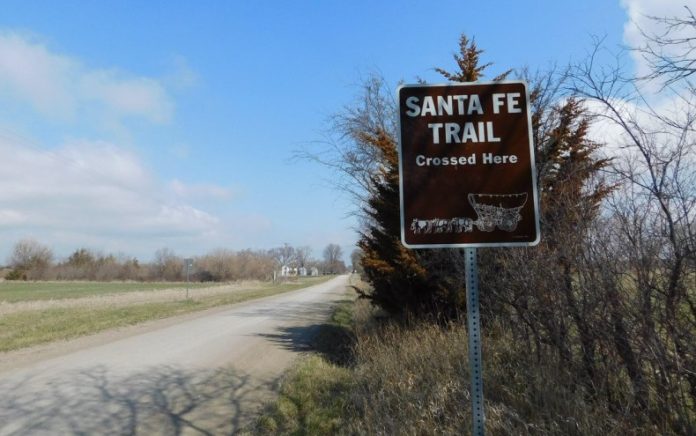Douglas County commissioners on Wednesday will consider approving permits for NextEra Energy Resources to conduct testing in Palmyra Township related to the West Gardner Solar project.
The company seeks four temporary business use permits that would allow “utility-scale solar-related testing activity,” including boring, pile load testing and electrical resistivity testing, according to a memo in the commission’s agenda.
Ultimately, the company would like to build “Photovoltaic (PV) solar arrays capable of generating up to 320 megawatts (MW) of clean, renewable energy and 128 megawatts (MW) of battery energy storage,” according to the project website. NextEra estimates a $320 million project investment and $40 million in tax revenue over the first 35 years of the project.
This map shows the approximate location of the proposed testing:

Map shows the approximate location of testing for which NextEra Energy Resources seeks permits. (Douglas County Commission agenda materials)
Commissioners in March deferred the permits, requesting more information from the company about archaeological resources and a history of NextEra-related projects in unincorporated Douglas County.
“In the initial review of this application, staff was made aware that the subject properties and their surroundings may be of archaeological significance,” County Planner Karl Bauer wrote in the memo in the agenda materials.
“According to Dr. Nicholaus Pumphrey, Vice-Chair of the Heritage Conservation Council, Palmyra Township is one of the least surveyed areas for archaeological sites in Douglas County,” Bauer’s memo continues. “Because of the numerous streams in the vicinity of the testing activity, the likelihood of encountering Native American sites and artifacts is quite high. Additionally, the Santa Fe Trail was located close to the properties, and there is a potential for encountering artifacts related to it, as well. An archaeological review is not a requirement for a temporary business use permit.”
NextEra has added a plan for “unanticipated discoveries,” which states that the project archaeologist will inspect waste piles from the boring, and work will cease immediately if there is any indication of the presence of cultural materials, animal bone or possible human remains.
Workers would avoid the area of the location until a discovery can be evaluated, and if it is determined to be a possible cultural resource, the project’s tribal relations manager will coordinate with tribal points of contact, according to the plan.






